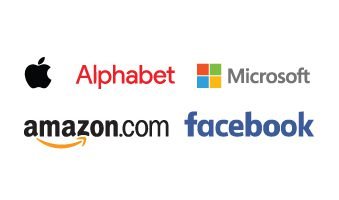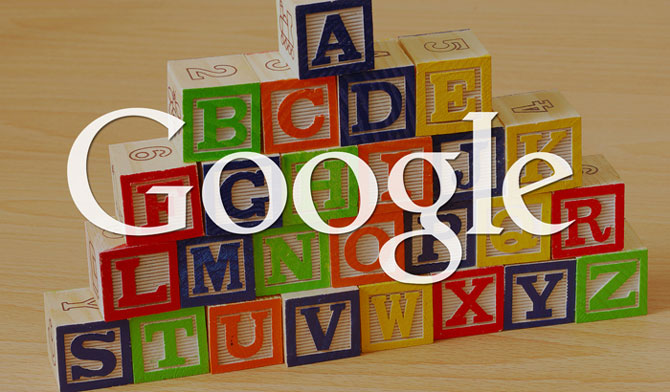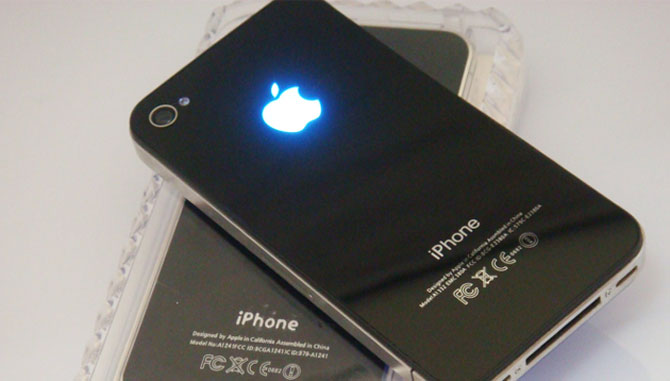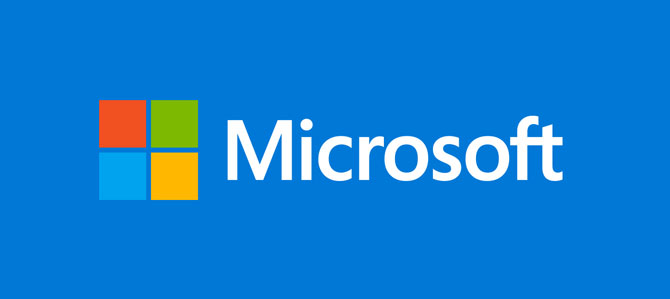
The 5 Horsemen of the Brand Apocalypse
The brands that bring us the brands
According to a Business Insider report dated August 1, 2016, the five most valuable public companies in the world were: 1. Apple ($appl): $570.7 billion; 2. Alphabet ($goog): $560B; 3. Microsoft ($msft): $434B; 4. Amazon ($amzn): $365B; and 5. Facebook ($fb): $354B.
No surprise to anyone who’s been even marginally conscious for the last 10 years as to where the money has gone. These brands have transformed our lives, for better and for worse. I’ll never work on any laptop but a Mac. Google is my gopher. Hate Microsoft but need it. Absolutely loathe Amazon (the coalface of capitalism!) but have great difficulty avoiding it. And as for Facebook, am admittedly addicted to it. For better or for worse, these are the brands shaping our lives right now.

In a fascinating exchange between NYU marketing professor Scott Galloway and business partner Maureen Mullen, the pair discusses most of the above brands as they make their predictions for 2017. Lion’s share of their attention is given over to Amazon, which they see as the most likely of the bunch to pull ahead of the pack in its disruptive drive for world domination. But at one point in the conversation, Galloway proclaims that it is the “end of the brand era,” because online, don’t you know, people are searching by category far more than by brand.
As recent data shows, in categories like apparel, accessories, shoes, beauty and skin care, the spreads between branded and non-branded search terms are indeed significant and growing in favour of the latter. People really are searching category first, brand later. This suggests that we trust the brands that bring us the brands more than the brands they bring us, and that this handful of megabrands will therefore eclipse all others as the most trusted.


I’m getting a post-modern “medium is the message” kind of vibe from that, aren’t you? Let’s play it out. You want anything, you jump on Google and search for it—or, rather, you let Google search for it (important distinction). After doing this to the point where it is reflexive, you are imprinting Google on your brain more often than any of the brands Google is trying to search.
Hold that thought and engage your “opposable mind” to consider a…

















